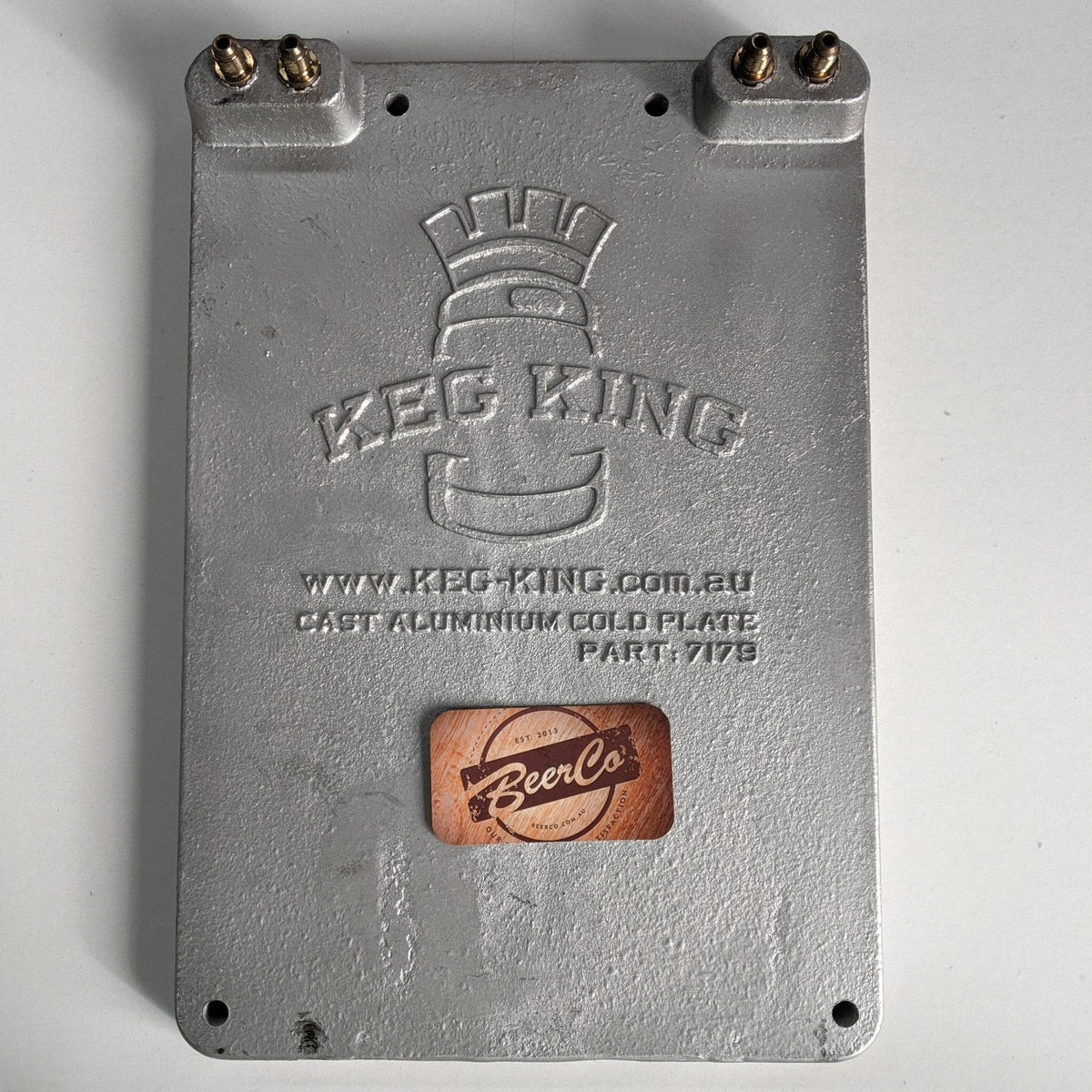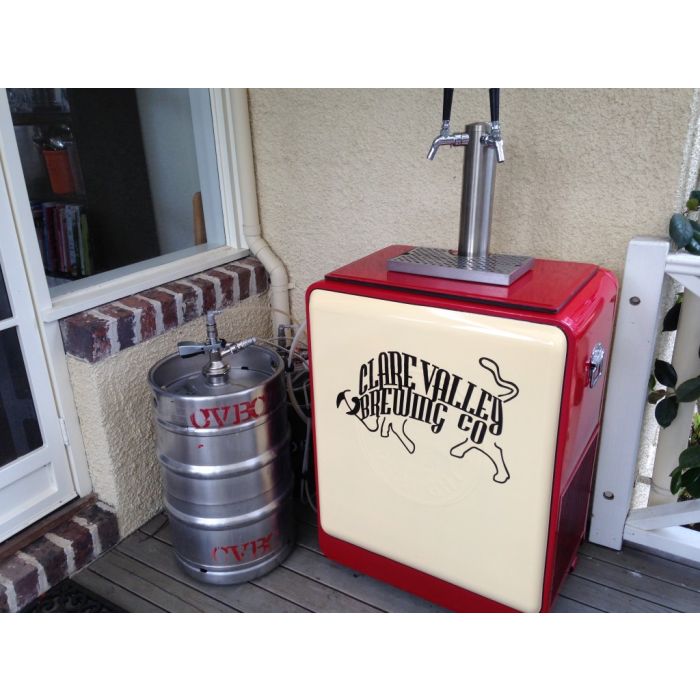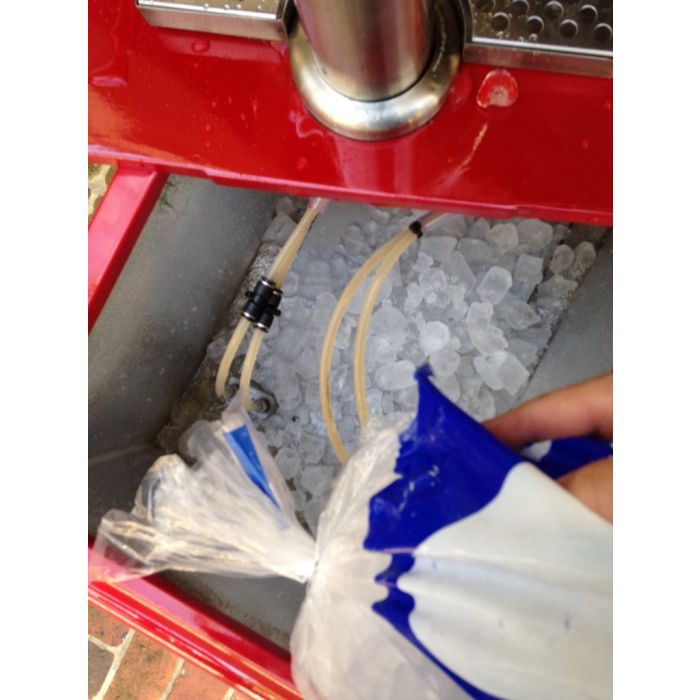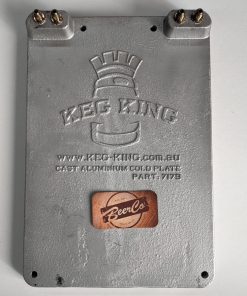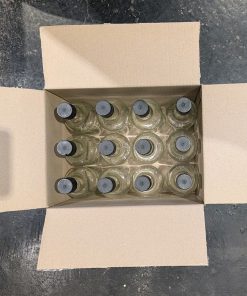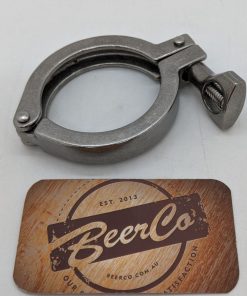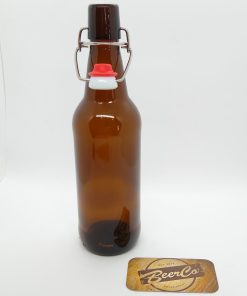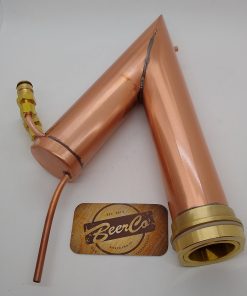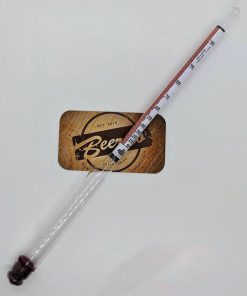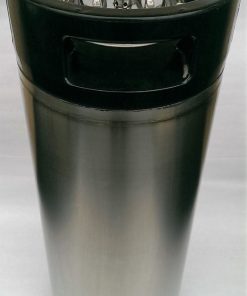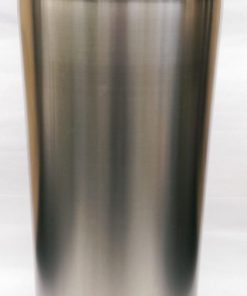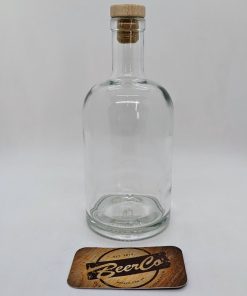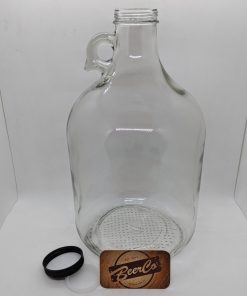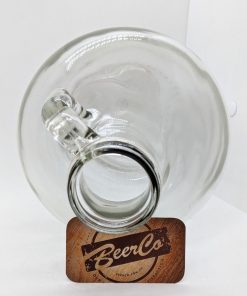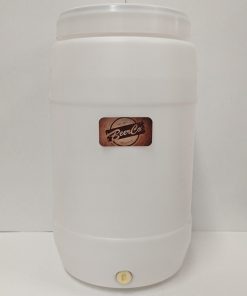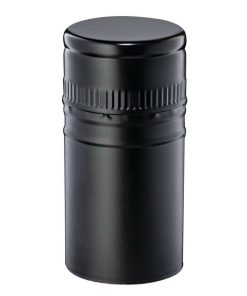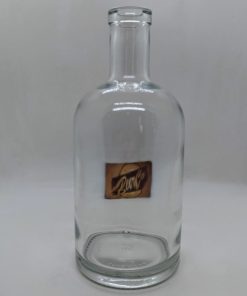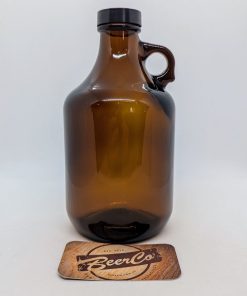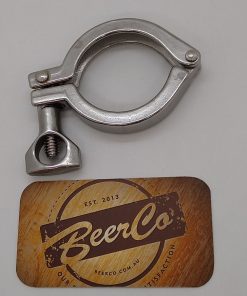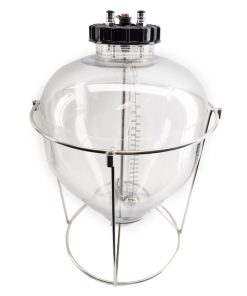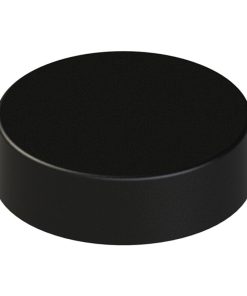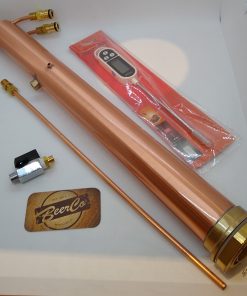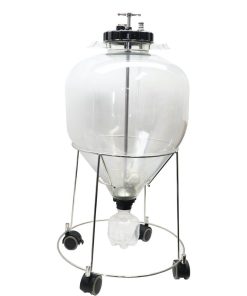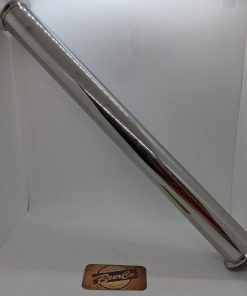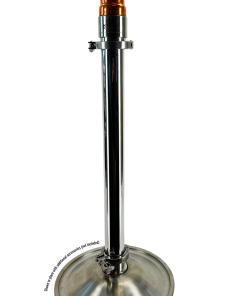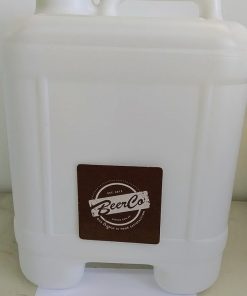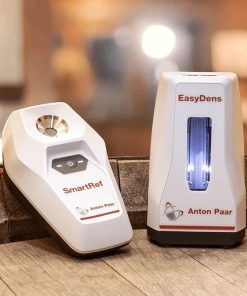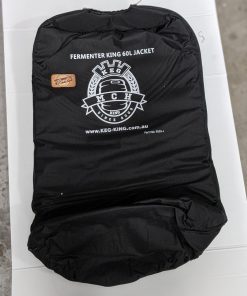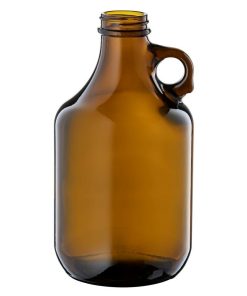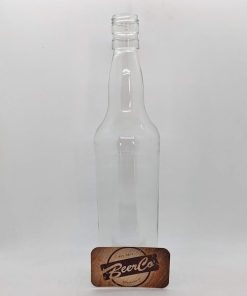Cold Plate | Chiller | Cooler | Cast Aluminium Keg King
$ 188,95 $ 75,58
Cast Aluminium Cold Plate (2 Product Lines)
These 2 product line cold plates are made from a thick cast aluminium plate which acts as a large heatsink to absorb heat efficiently from your beer.
Inside the casting contains 2 x 304 stainless product lines which are 5.5 meters long and 6.5mm diameter.
The inlets and outlets on the cold plate are the standard mfl threads.
With 20C ambient beer temp and flow rate through the cold plate of 300ml/10 seconds and 70% coverage of ice in contact with the cold plate you will be able to reduce the temperature of the liquid as it exits the cold plate to below 4C with a single pass through this cold plate.
If your beer is warmer than 28C we would recommend either slowing your flow rate through the cold plate or alternatively having the beverage pass through the cold plate twice by looping the beverage back throught the second plate line. This will mean you will only be able to serve one keg from the plate chiller but will ensure the beverage dispenses nice and cold.
The most common way to use this type of cold plate is to attach it to the bottom of an eksy/cooler, drill holes through the esky wall to mount shanks and taps and then glue the cold plate to the floor of the esky with some polyurethane adhesive (waterproof).
Made from a thick cast aluminium this plate acts as a large heatsink to absorb heat efficiently from your beer.
Operational Instructions:
1. Place the cold plate into your cooler box, esky or ice well. If you want to stop the cold plate from moving around then use some polyurethane based glue and this will enable you to stick the cold plate down.
2. Fill the esky/cooler box with ice. Cold plates require the ice to be in contact with the aluminium casting directly so you MUST drain off the water in order for these cold plates to work optimally. (this is different to cooling coils that require and ice water slurry).
3. Set your keg pressure at 20-30psi. It is absolutely essential that you use a higher pressure to move the beer throught the plate. Just ensure your kegs are sitting at a temperature around 20C as the colder the beverage is, the more likely it will take on carbonation at a higher pressure.
Specifications:
- Size: 27cm x 39cm x 2.5cm Thick
- 7kg Aluminium Casting with large thermal mass
- 5.5 meters x 6.5mm diameter per 304 stainless tube
- Includes 4 mounting holes so you can easily attach the plate to the bottom of your esky
- Includes convenient MFL threads so you can easily attach a Swivel Nut and Barb or alternatively use the Duotight Fittings
HOW TO MAKE A JOCKEY BOX (PORTABLE 4-TAP BAR SYSTEM) FOR UNDER $1,000
Are You Getting Foamy Pours?
Here’s How To Fix The Foam:
When you look at the beer line between the cold plate and your keg, before the beer has gone into the cold plate, just check for visible bubbles or air pockets in the beer line. This will be an indication that your dispense pressure is too low. Simply increase your pressure to the keg to ensure the CO2 stays in solution.
When you measure the temperature of the beverage as it comes out of the tap it should be below 5C. If it’s higher, simply ensure you have complete coverage of ice on the cold plate in the eksy/cooler and not just water.
If there is ice contact with the plate, and the temp is still above 5C, simply decrease the flow rate of product through the cold plate so the beverage has more contact time as it passes through the cold plate.
PRO TIP:
Using just CO2 to dispense your keg is fine for short periods around 6-7 hours. If you intend to go longer consider using a beer/nitrogen mix to decrease the likelyhood of overcarbonation.
You can also disconnect the kegs and take the additional CO2 out of the head space before storing the keg, say overnight, and then reattach the gasline and adjust to the higher dispense pressure again the next day.

Fast shipping and professional packing
We offer a wide range of shipping options due to our long-running partnerships with UPS, FedEx and DHL. Our warehouse staff are highly trained and will package your items according to our precise and precise specifications. Before shipping, all goods are thoroughly inspected and securely secured. Every day we ship hundreds of packages to our customers from all over the world. This is a sign of our commitment to be the largest online retailer worldwide. The warehouses are located situated in Europe as much as they are in USA.
Note: Orders containing multiple items will have a different processing period for each item.
Before shipping the items, our staff will carry out an extensive inspection of the products you have ordered. The majority of orders are delivered within 48 hrs. The delivery time should be between 3-7 working days.
Returns
We don't manage the stock in our factory and warehouse. Actual stock levels may fluctuate at any moment. Be aware that it's possible that your order will be out of stock after you have placed the order.
Our policy is for 30 days. Unfortunately, if 30 days have passed from the date you purchased the product, we are unable to offer you a return or exchange.
The item must not be used, and it must be in the original packaging. It must also be in the original packaging.
Related products
Equipment
Equipment
Equipment
Equipment
Equipment
Equipment
Equipment
Equipment
Equipment
Equipment
Equipment
